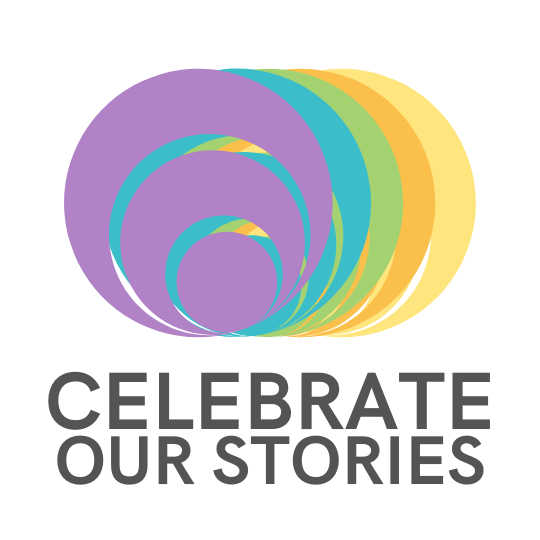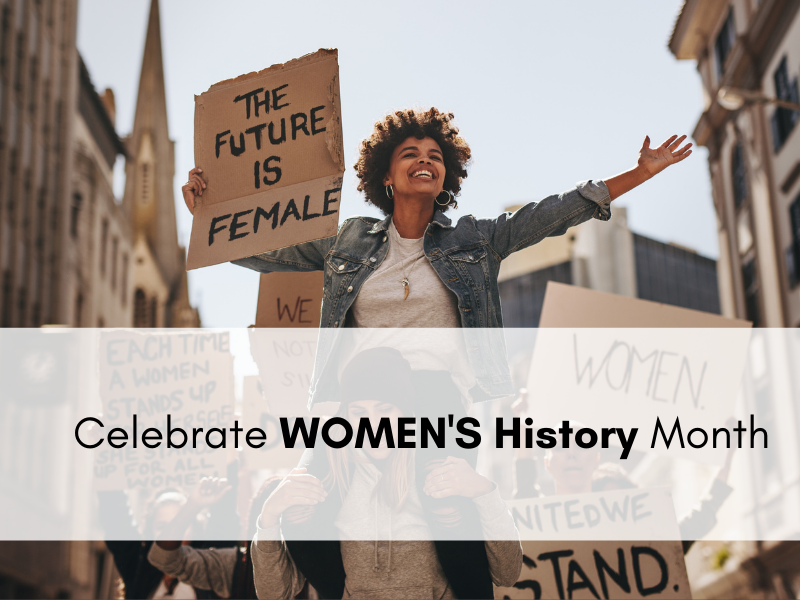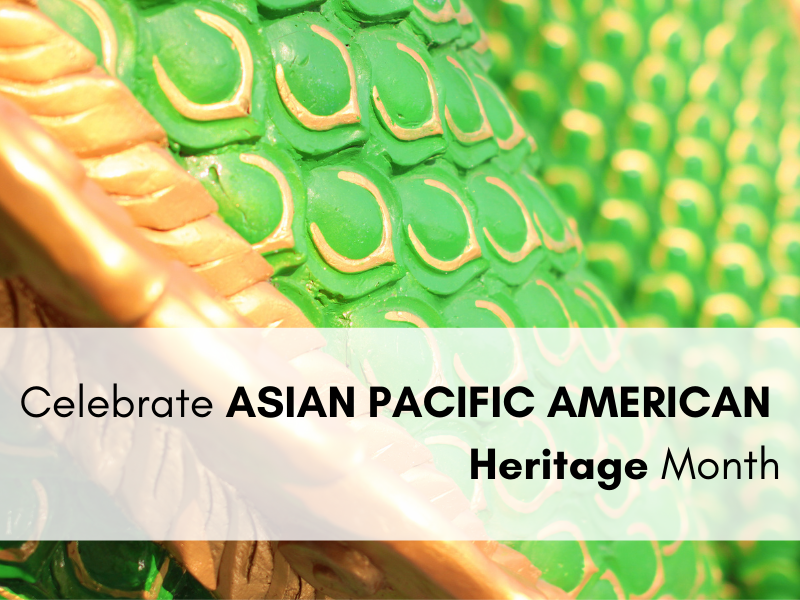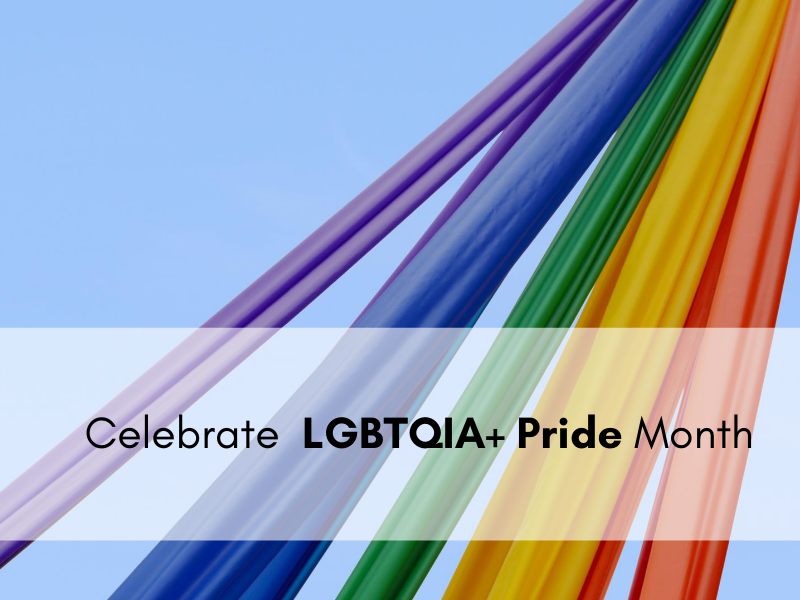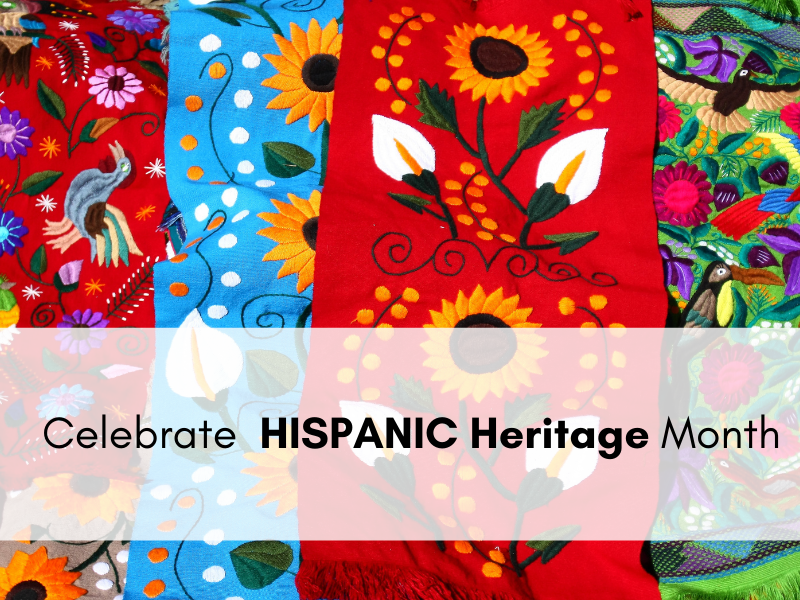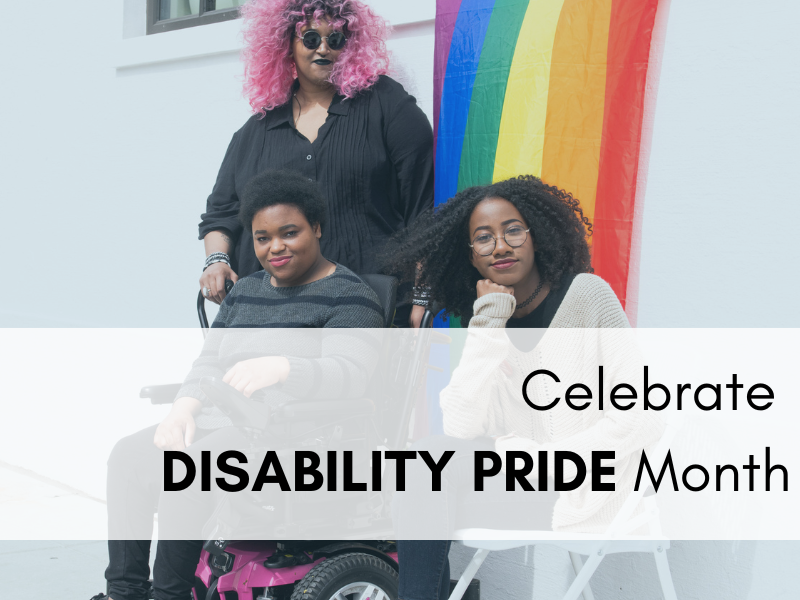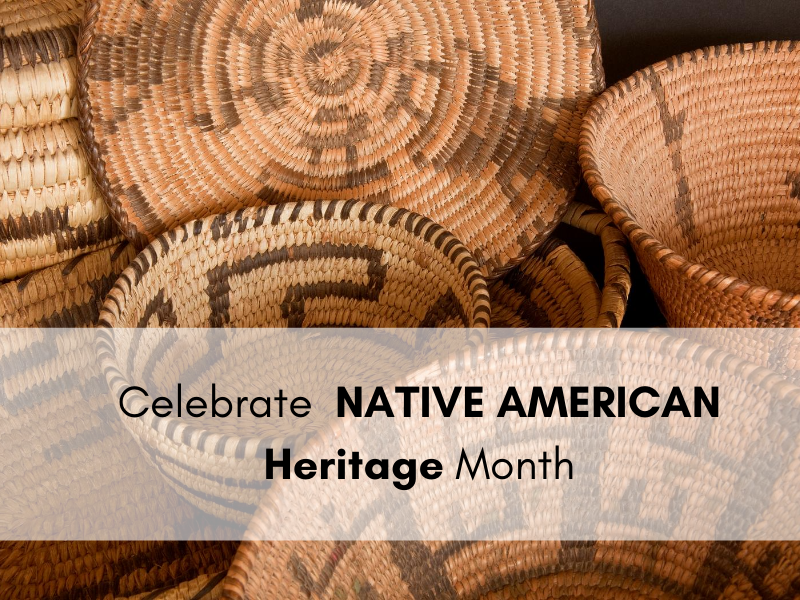There are many actions you can take to bring awareness to diversity, equity, and inclusion (DEI). Below are just a few examples curated by PVLD's B.U.I.L.D. Team. We encourage you to share the ways you’re working for these principles by tagging PVLD's social media handles, commenting on our posts, or by filling out our "Contact Us" form on the PVLD homepage. For more information on BUILD, visit the first tab on the left, B.U.I.L.D.
Read, Watch, Listen, & Learn
DEI work begins with you and a willingness to grow, learn, and share your knowledge with others. We’ve put together a few lists of resources to help you get started in this work, but know that there’s a lot more out there. If you've already started this work and have suggestions, please let us know! Our lists on the left focus on race and social justice, which are just two components of DEI work. Our Celebrate Pages list even more resources covering ethnicity, sexuality, and religion. All of these resources are always growing and evolving, just like DEI work.
Amplify Voices
Do you know of great work being done by Black, Indigenous, and People of Color (BIPOC) colleagues, friends, or people you follow online? Share and promote their work far and wide, making sure you give credit where it’s due.
Explore Our Community’s History
Systemic racism intentionally and unintentionally informed many of the ways our society nationwide and locally has developed. We'll have a timeline available soon on this page showing a few examples of how our community was shaped by institutionalized racism and how it has changed to become more equal and equitable. We also invite you to think of ways you can help make change. Want more? Our Local History Center can help.
Share your story with YSPS
Our community is an increasingly diverse one, and we invite you to share your story with our Local History Center. Find out more on how to participate with this letter from our archivist and local history librarian, Monique Sugimoto.
Volunteer your time
Below are just a few local groups that may welcome an extra hand in their fight for social justice and racial equity. There’s a lot more out there, including Facebook and Meetup groups. This is just to get you started.
Black Heritage Association of Palos Verdes
City of Lights Gateway Foundation
Palos Verdes Chapter of the Links, Inc.
Rolling Hills/Palos Verdes Chapter of Delta Sigma Theta Sorority, Inc.
South Los Angeles Chapter of Jack and Jill American, Inc.
L.A. Works: This list from the non-profit volunteer action center includes Black-led nonprofits and businesses in the greater Los Angeles area.
Speak Out and Speak Up
Conversations about racist things you see in society are difficult to have but are necessary for change. We have to be able to speak out and name the inequities to dismantle them. To get you started, check out the “Questioning Frame of Mind” below from the National Museum of African American Culture and History. You may also want to check out the Racial Equity Tools website for more tips and definitions of terms used when discussing race.
A Questioning Frame of Mind
A commitment to being antiracist manifests in our choices. When we encounter interpersonal racism, whether obvious or covert, there are ways to respond and interrupt it. Asking questions is a powerful tool to seek clarity or offer a new perspective. Below are some suggestions to use in conversations when racist behavior occurs:
-
Seek clarity: “Tell me more about __________.”
-
Offer an alternative perspective: “Have you ever considered __________.”
-
Speak your truth: “I don’t see it the way you do. I see it as __________.”
-
Find common ground: “We don’t agree on __________ but we can agree on __________.”
-
Give yourself the time and space you need: “Could we revisit the conversation about __________ tomorrow.”
-
Set boundaries. “Please do not say __________ again to me or around me.
Vote
Inequity can only change by changing the systems upholding it. Make sure if you’re 18 or older you are registered to vote and vote for those who will commit to and be accountable for making the change you want to see. Teens ages 16 and up can pre-register to vote. Register today: https://www.sos.ca.gov/elections/voter-registration/
Don’t Stop!
Taking action is work that many disenfranchised communities and allies have been doing for generations. For those just joining and learning about ways to stop inequity, this work is the first step on a long journey towards joining those generations. No matter which end of the spectrum you're on, we're happy to have you here. This work won’t end anytime soon. Reading, thinking, and discussing can help point you in the right direction on the road to changing our world.





